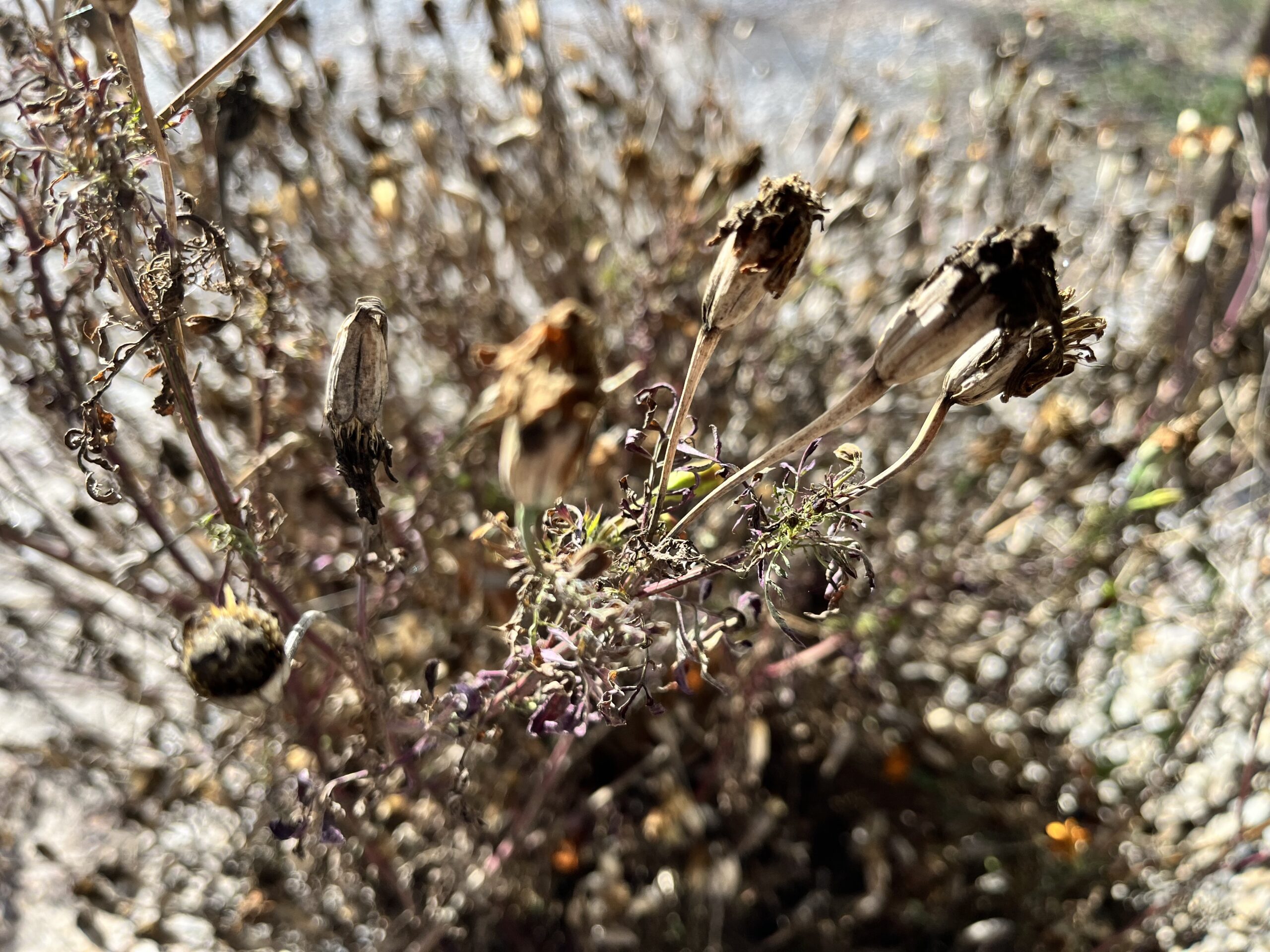The Hort Report: Be sure to save your seeds from garden vegetables

The weather is more normal for this time of year. We are finally getting rain that will seal the cracks in the ground, helping the roots on plants, shrubs, bushes, trees and grass survive the coming winter.
Nov. 11-20 is Indian Summer, and the weather is supporting it. Hopefully we keep these temperatures for several more days.
With the rain, the grass will start to regrow. I mowed a yard the other day that had tall grass in it. I wanted to make sure the grass wasn’t too tall going into winter. I plan on one more mowing. That will be after most of the leaves are done falling helping to put organic matter into the yard soil.
Remember to rake and compost your leaves. Use them as mulch for flowerbeds. Put them on your garden and till them in to build up the soil profile. Don’t burn them. That is a waste of great organic matter.
More people are saving vegetable seeds from garden vegetables. If you have heirloom vegetables, these seeds are some of the best ones you should be saving. They are mostly non-GMO and open-pollinated. This helps your plants have the true stable genetics that you have now.
Heirloom seeds are from old natural vegetable plants. Most new vegetable seed varieties have had their DNA changed artificially in labs. Heirloom seeds have been passed down from generation to generation. The next year’s plant will look and grow like this year’s plant. Open-pollinated plants are pollinated naturally by insects, bees, birds, wind and rain.
Harvest your seed from the mature fruit of the plants, not ones that are rotten damaged or have been frozen by a late freeze. Seeds collected this way may be damaged and unable to germinate.
Cut the vegetable fruit open, exposing the seed. The gel surrounding most of the seed needs to be removed. Larger seeds like cucumber, gourds, pumpkins, squash and zucchini can be washed in a bowl, or put them in a jar with a lid, shaking it to allow the gel to wash off. Lay the seeds on a paper towel to air dry.
Tomato and pepper seeds take longer. Allow them to sit in the sun in a jar of water for several days with a cloth over the top. They begin to ferment as the gel breaks down on the seed. Mold will start to form on the tomato/pepper gel/pulp. Once the seeds drop to the bottom of the jar, remove them and dry them on a paper towel.
Place all the seeds on paper towels in a well-ventilated place which is not in direct sunlight. Turn the seed over several times. Let dry for seven to 10 days. Once the seeds are dry, put them in paper bags. Label each bag with the name of the vegetable seed in each one. Storing the bags in a cool, dry location will make sure they will be good to use in the following spring for planting.
Plan to clean up potted plants to bring inside that you want to keep over winter. Any plant looking diseased and under stress shouldn’t be kept inside over winter, so check them before moving them inside.
As you finish using your mowers, trimmers, tillers and other power and hand tools this year, check them for anything that needs to be worked on before next year. Make a list and plan out when you will get them worked on.
Thank you for all your questions in the past. I really appreciate them, and I am looking forward to them in the future. Call me at 573-588-2040, visit me at Shelby County Implement in Shelbina, Mo., email me sci63468@hotmail.com or go on Facebook to Greenwell’s Greenhouse Group. Enjoy this mild fall weather.
Miss Clipping Out Stories to Save for Later?
Click the Purchase Story button below to order a print of this story. We will print it for you on matte photo paper to keep forever.

